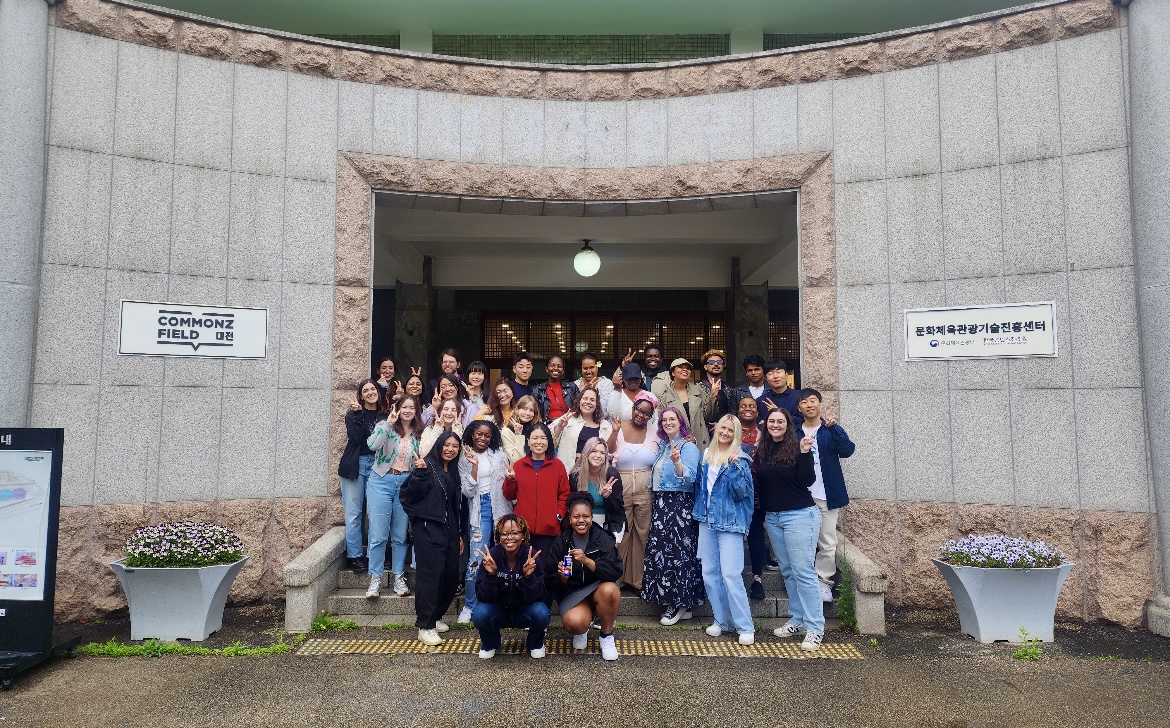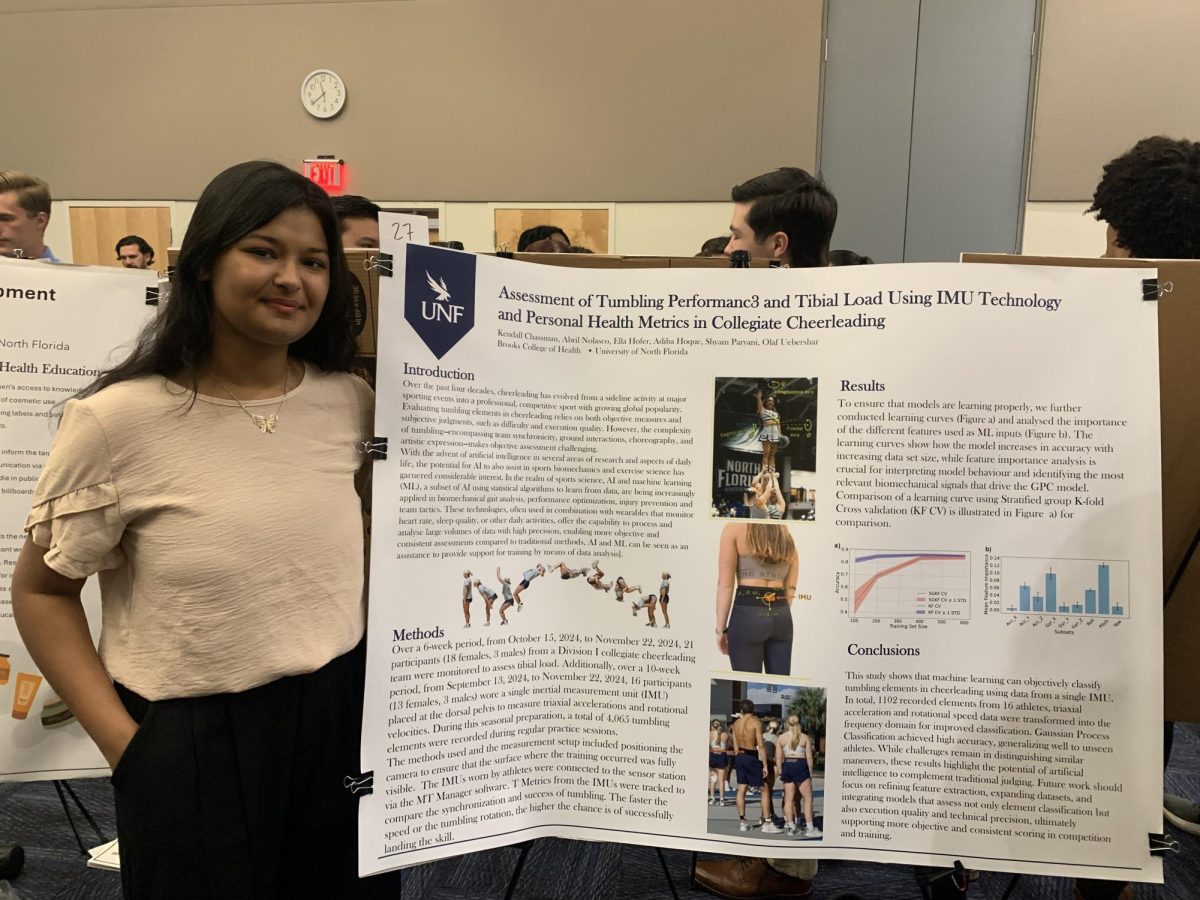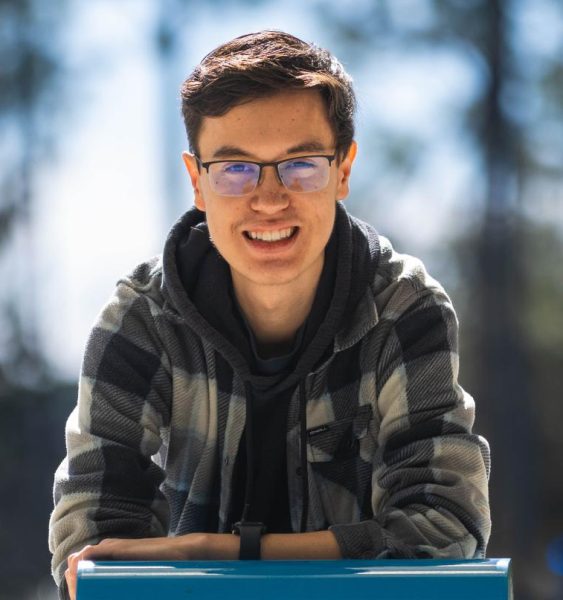Earlier this week, Spinnaker met with UNF Assistant Professor Dr. Dilek Kayaalp to discuss her research with refugee youth in both Canada and the U.S.
Since the 2000s, Dr. Kayaalp has been conducting critical ethnography research in different countries, in different contexts. While she was working on her master’s pieces, she worked with her students who were marginalized in different ways. “They were economically marginalized people who were trying to survive in urban contexts,” Dr. Kayaalp said.
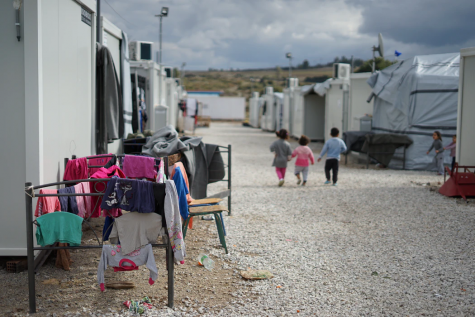
“After I completed my masters, I moved to Canada. At the time, I worked with immigrants, young people, and in 2014 I started to work with refugee young people and, specifically, I was working with political refugees in Canada,” Dr. Kayaalp said. “I tried to investigate their educational, social, and cultural expenses in Canada.”
Following this, she moved to the United States in 2015 and has worked with young refugees, focusing on their “educational, as well as their cultural experiences.”
What is Critical Ethnography?
“Critical ethnography, as a research methodology, provides detailed information about power imbalances and inequalities in society,” Dr. Kayaalp explained. Methodology is about how there is a “theoretical problem,” and how someone focuses on “understanding all these human interactions or all these formations, social or cultural,” within this problem.
For Dr. Kayaalp, critical ethnography is a tool for her to understand all these social issues. “Critical ethnography focuses on oppressions and inequalities, power imbalances, in society. When I was trying to understand these young people’s experiences, their marginalization, I used critical ethnography because it was a great fit for my studying.”

“I think the first important thing is that these young people, refugee young people, are definitely educationally, linguistically, religiously, culturally, at a disadvantage compared to mainstream students, ” Dr. Kayaalp said. “They are marginalized because of state’s hegemony.” Simply, hegemony is state domination.
Dr. Kayaalp learned that young refugees are “forced to learn the dominant languages and they are forced to forget their own native languages,” which is just one example of this state assimilation and racism.
“In this U.S. context, these young people are misrepresented by the state […] They misrepresent them with these white supremacy ideologies that they are ‘criminals,’ that they are ‘rapists,’ they are ‘terrorists,’” Dr. Kaylaap emphasized.
As Dr. Kayaalp spoke with young refugees, she would ask them about how their experiences in the U.S. were. One of the first things they told her were along the lines of:
“Do you hear what they are telling us? You know, they are telling us we are terrorists. Actually, I will show them that I am not a terrorist, I am a good person.”
According to Dr. Kayaalp, these refugees were high school students between the ages of 16 and 17. They struggle with this image and its creation by the state’s institutions.
Dr. Kayaalp touched on one such issue that young refugees struggle with, education. “Education is not neutral,” she accentuated.
“[Young refugees] cannot see their identities, their stories, in the textbooks. Most of the time, their histories are neglected in the textbooks and in the curriculum,” Dr. Kayaalp said. When these young refugees go to the classroom, many things that they learn are “meaningless to them because they are forced to learn other people’s histories and identities.”
As stated by Dr. Kayaalp, the image that this misrepresentation creates is “extremely problematic and racist.”
In her recent article, Dr. Kayaalp discussed the relationship between fear and racism, and how both issues “reproduce each other.”
Dr. Kayaalp referenced the video of Amy Cooper in Central Park. In May of 2020, a white woman called the police on a black man saying that he was “threatening [her] life.”
“This video was very inspirational for me, it was very racist but also very inspirational because I saw the relationship between fear and racism: the interplay between them,” Dr.Kayaalp stated.
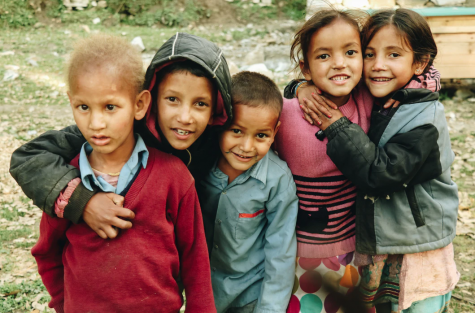
“We know all these issues: racism, assimilation, hegemony, domination, etcetera, but what is the solution?” Dr. Kayaalp asked. “Most of the time, people criticize us because we don’t offer any solutions to these problems.”
Following the recent killing of George Floyd, she said that “people are getting much more mindful and aware of these things,” and she appreciates it.
“Finally, they decide to see things, they decide to realize what is happening around them. In that sense, I can say that we have to be very careful about what we are consuming: what we see in the media, what we hear from the politicians— right-wing politicians— what we read from the textbooks. What kind of messages we are getting. What is the image that we read, how we see it, and how they want us to see it,” Dr. Kaylaap said.
People must realize that all these dominant norms are “socially constructed,” Dr. Kayaalp said. “I think it’s very important because these social norms are regulating our everyday life or our everyday interactions in the classrooms. […] Whatever we see in society, we see everything in the classroom. We cannot separate the classroom from the society.”
Dr. Kayaalp also discussed a couple of different dominant cultural norms in America: whiteness, middle-classness, and accents. The majority of the time, refugees come from working-class families that struggle with poverty. When talking about middle eastern people, most are not white and have to deal with that whiteness.
“As a minority woman who speaks the English language with an accent, I realized how an accent is so important,” Dr. Kayaalp said. “When people look at you if you are white, you pass. But, then you open your mouth and you speak the language with an accent […] they catch you there.”
Dr. Kaylaap expressed that these incidents are things people like her have to deal with all the time. They have to deal with this “normalcy” in society and its reflection in a classroom. According to Dr. Kayaalp, young refugees have to deal with “accent discrimination” because of the language barrier.
Refugees also have an “interrupted education” because of wars and they couldn’t go to schools for a number of years, she says.
“We have to be aware of these cultural norms, and we have to be aware that these norms are socially constructed. It means that we can actually, sometimes I really believe that, we can question them and maybe we can eliminate them. If we can eliminate these dominant norms, then maybe people’s access to institutions will be equal,” Dr. Kayaalp concluded.
____
For more information or news tips, or if you see an error in this story or have any compliments or concerns, contact editor@unfspinnaker.com.






